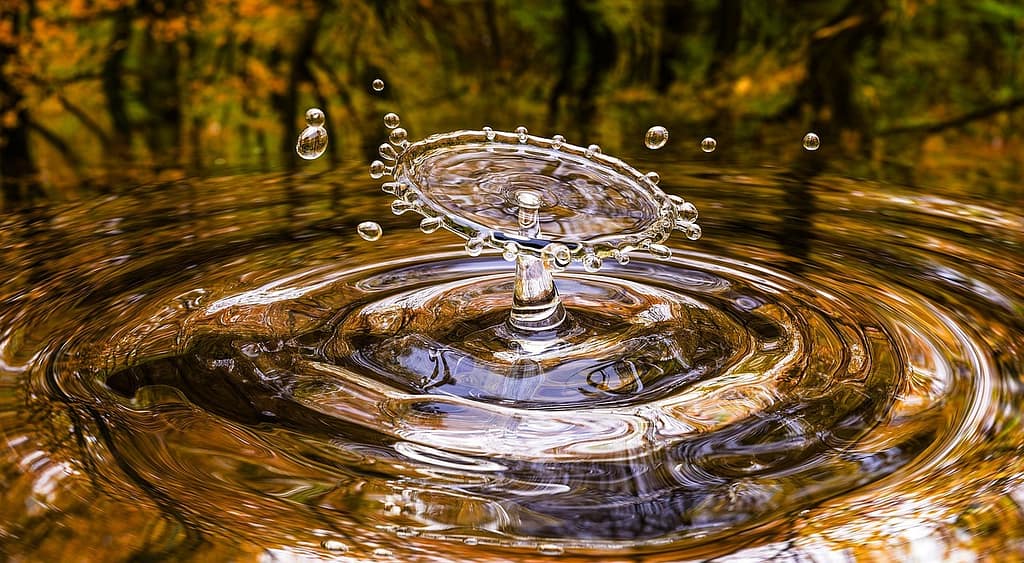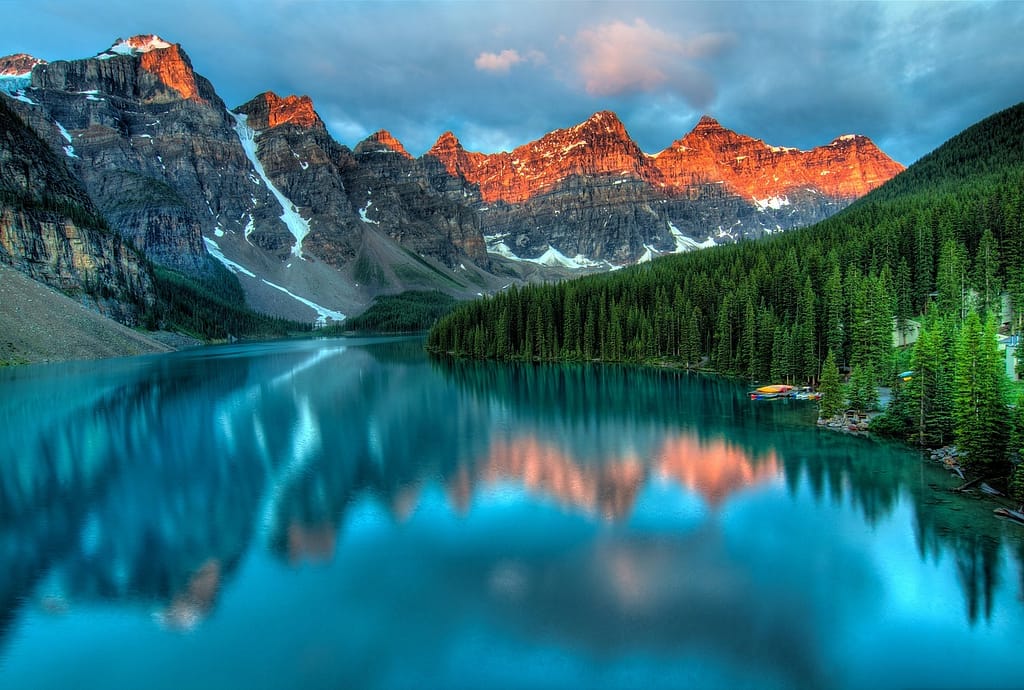Nature. The very word evokes a sense of wonder, of sprawling landscapes, diverse flora and fauna, and the intricate dance of life that sustains our planet. It’s a place of breathtaking beauty, thrilling adventures, and a constant source of scientific discovery. Whether you’re an avid hiker seeking mountain vistas or a curious child marveling at a backyard butterfly, nature has something to offer everyone.
This comprehensive guide is your gateway to exploring the wonders of nature. We’ll delve into the diverse ecosystems that make up our planet, the rich tapestry of wildlife that calls them home, and the crucial importance of biodiversity. We’ll also explore the challenges and triumphs of environmental conservation and how you can be a responsible steward of our incredible natural world.

Introduction to Nature
Defining Nature
Nature, in its simplest form, encompasses all living things (flora and fauna) and the physical environment they inhabit. It includes the vast oceans teeming with life, the towering mountains scraping the sky, the lush rainforests teeming with exotic creatures, and the delicate balance of ecosystems that sustains all life on Earth. From the tiniest insect to the mightiest whale, every living organism plays a vital role in the intricate web of nature.
Diverse Ecosystems
Our planet is a mosaic of vibrant ecosystems, each with its unique characteristics and inhabitants. Let’s explore some of the most fascinating:
Forests and Woodlands
Forests are the lungs of our planet, vast expanses of trees providing a habitat for countless species and filtering the air we breathe. Woodlands, with their mix of trees and open areas, offer a haven for diverse wildlife and provide opportunities for hiking, camping, and bird watching.

Tropical Rainforests
These lush, verdant jungles are the crown jewels of biodiversity. Home to over half the world’s plant and animal species, rainforests are teeming with life. From towering canopy trees to vibrant undergrowth teeming with insects, amphibians, and reptiles, rainforests offer a glimpse into the raw power and beauty of nature.
Aquatic Environments
From the vast oceans covering most of the Earth’s surface to freshwater lakes, rivers, and wetlands, aquatic environments are a vital part of our planet’s ecosystem. One excellent example are coral reefs, which are home to an amazing variety of colorful creatures and breathtaking underwater scenery.

Coral Reefs
Coral reefs are often referred to as the rainforests of the sea. These underwater havens provide a home for a staggering diversity of marine life, from tiny coral polyps to majestic sharks. They act as nurseries for countless fish species, protect coastlines from erosion, and are a crucial source of income for coastal communities through tourism and fishing.
Rich Wildlife
Nature boasts a dazzling array of wildlife, from majestic mammals like elephants and tigers to the flitting beauty of butterflies and hummingbirds. Each species plays a vital role in its ecosystem. Predators keep prey populations in check, pollinators ensure plant reproduction, and decomposers break down dead matter and return nutrients to the soil. This intricate web of interactions is what sustains the rich tapestry of life on Earth.

Importance of Biodiversity
Biodiversity, the variety of life on Earth, is more than just a collection of fascinating creatures. It forms the very foundation of healthy ecosystems. A diverse ecosystem is more resilient, able to adapt to changing conditions and recover from disturbances. It provides a wider range of resources, from food and medicine to clean air and water.
From the bees that pollinate our crops to the bacteria that break down waste products, each species plays a vital role. The loss of any one species can have a domino effect, disrupting the delicate balance of the ecosystem and potentially leading to cascading effects throughout the entire food chain. Protecting biodiversity is essential not just for the health of our planet, but for our own well-being.
Conservation and Preservation
Challenges and Efforts
The wonders of nature face numerous threats. Habitat loss due to deforestation and urbanization, pollution from human activities, and the impacts of climate change all pose significant challenges. However, there are also many inspiring efforts underway to conserve and preserve our natural world.

Environmental conservation focuses on protecting ecosystems and the species that inhabit them. This includes establishing protected areas like national parks and wildlife reserves, promoting sustainable practices like responsible forestry and fishing, and educating the public about the importance of environmental stewardship.
Preservation efforts focus on protecting specific species from extinction. This may involve captive breeding programs, habitat restoration initiatives, and working with local communities to find solutions that benefit both humans and wildlife.
The success of these efforts depends on a collective effort. Governments, businesses, and individuals all have a role to play in protecting the wonders of nature for generations to come.
Exploring Nature Responsibly
There are countless ways to explore and appreciate nature, but it’s crucial to do so responsibly. Here are some key principles to follow:
- Leave No Trace: This ethical code emphasizes minimizing your impact on the environment. Pack out all trash, including food scraps and hygiene products. Stick to designated trails to avoid trampling vegetation.
- Respect Wildlife: Observe animals from a safe distance and never feed them. Human food can be harmful, and altering their natural feeding behavior can disrupt the ecosystem.
- Minimize Your Impact: Be mindful of your noise levels and avoid disturbing wildlife or other visitors. Choose sustainable transportation options like bicycles or public transport whenever possible.
- Support Conservation Efforts: Volunteer your time to conservation organizations or participate in citizen science projects. Choose eco-friendly accommodations and tours that support sustainable practices.
- Educate Yourself and Others: The more we understand the importance of nature, the more likely we are to protect it. Share your experiences and knowledge with others to inspire a love for the natural world.
By following these guidelines, you can ensure that your adventures in nature have a positive impact and contribute to the preservation of our planet’s wonders.
Activities and Experiences in Nature
Nature offers a wealth of opportunities for recreation, exploration, and personal growth. Here are just a few ideas to get you started:
- Hiking and Backpacking: Immerse yourself in the beauty of nature by exploring trails on foot. Whether it’s a day hike through a local park or a multi-day backpacking adventure in a remote wilderness, there’s a hike for everyone.
- Camping: Connect with the natural world under a blanket of stars. Camping offers a unique opportunity to disconnect from technology and reconnect with yourself and the environment.
- Wildlife Watching: Observe animals in their natural habitat. Whether it’s spotting whales on a boat tour or birdwatching in your backyard, wildlife watching is a thrilling way to appreciate the diversity of life on Earth.
- Volunteer Activities: Give back to nature by volunteering with conservation organizations. Plant trees, clean up parks, or participate in wildlife monitoring programs.
- Photography: Capture the beauty of nature through the lens of a camera.
Conclusion
Nature is a treasure trove of wonder, a source of inspiration, and a vital part of our planet’s health. By understanding the diverse ecosystems, the richness of wildlife, and the importance of biodiversity, we can become better stewards of our natural world. Through responsible exploration, conservation efforts, and a sense of wonder, we can ensure that future generations can continue to experience the magic of nature.
So, what are you waiting for? Get out there and explore!




